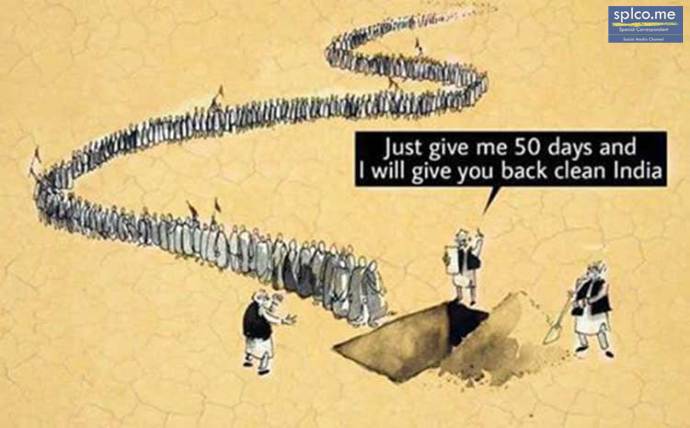The rocket so nice they flew it twice This year SpaceX finally proved that its rockets are reusable. The private spaceflight company estimates that by reusing its liftoff boosters rather than tossing them away in the sea, it can slash launch costs by about 30 percent, providing cheap(er) access to the final frontier.

Gravitational waves got even cooler Using gravitational waves tiny ripples in the fabric of space time to detect black hole collisions was cool. But in 2017, the hunt for gravitational waves leveled up in a major way. In September, scientists announced the first-ever detection that combined the powers of LIGO with a new Italian observatory called Virgo. You can read more about why three detectors are so much better than two here.
And it just kept getting better. In October, researchers published evidence of colliding neutron stars, also detected using gravitational waves. The goings-on of these intensely dense celestial bodies could help us understand the origins of our own solar system. Scientists estimate that a single neutron star collision could produce 100 Earth masses worth of gold, a few hundred worth of platinum, and tens of uranium.
Genetic disease Curing using stem cells Stem cells have an incredible ability to develop into almost any type of cell found in the body. Now that technologies exist to more reliably tweak the human genome, the idea of growing healthy tissues and organs as-needed is sounding less and less like science fiction. In a paper out this month, researchers report replacing almost all of a seven-year-old boy’s outer skin layer to treat his life-threatening skin condition, a genetic disease called epidermolysis bullosa.
A robot that hugs your heart to keep it pumping In January, researchers unveiled an adorable, squishy robot designed to keep a sick heart pumping while waiting for a transplant—or perhaps even indefinitely. There's still a lot more work to be done, including long-term studies in animals (and then humans). But if the experiments continue to be successful, the robot may one day provide an alternative to the current treatment for severe heart failure.
The entire planet could run on renewable energy We’re running out of time to fight the worst effects of human-caused climate change, and that’s nothing to be thankful for. But a study out in August did give us a little hope. According to that analysis, the planet is perfectly capable of switching to 100 percent renewable energy by 2050. There’s nothing to it but to do it. In the meantime, here’s some information on how individuals can start fighting back against climate change.
Source : Inputs from Internet desk














